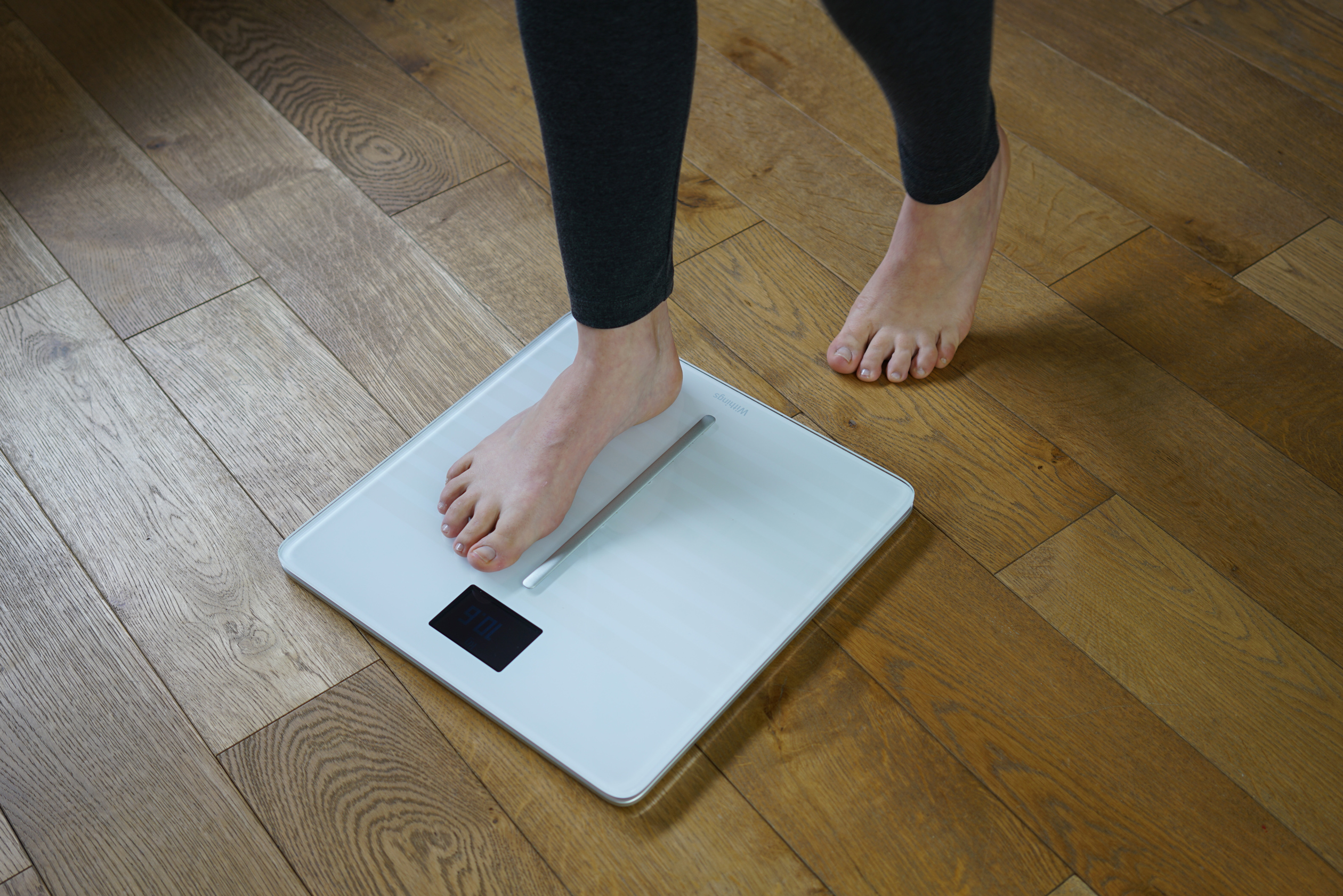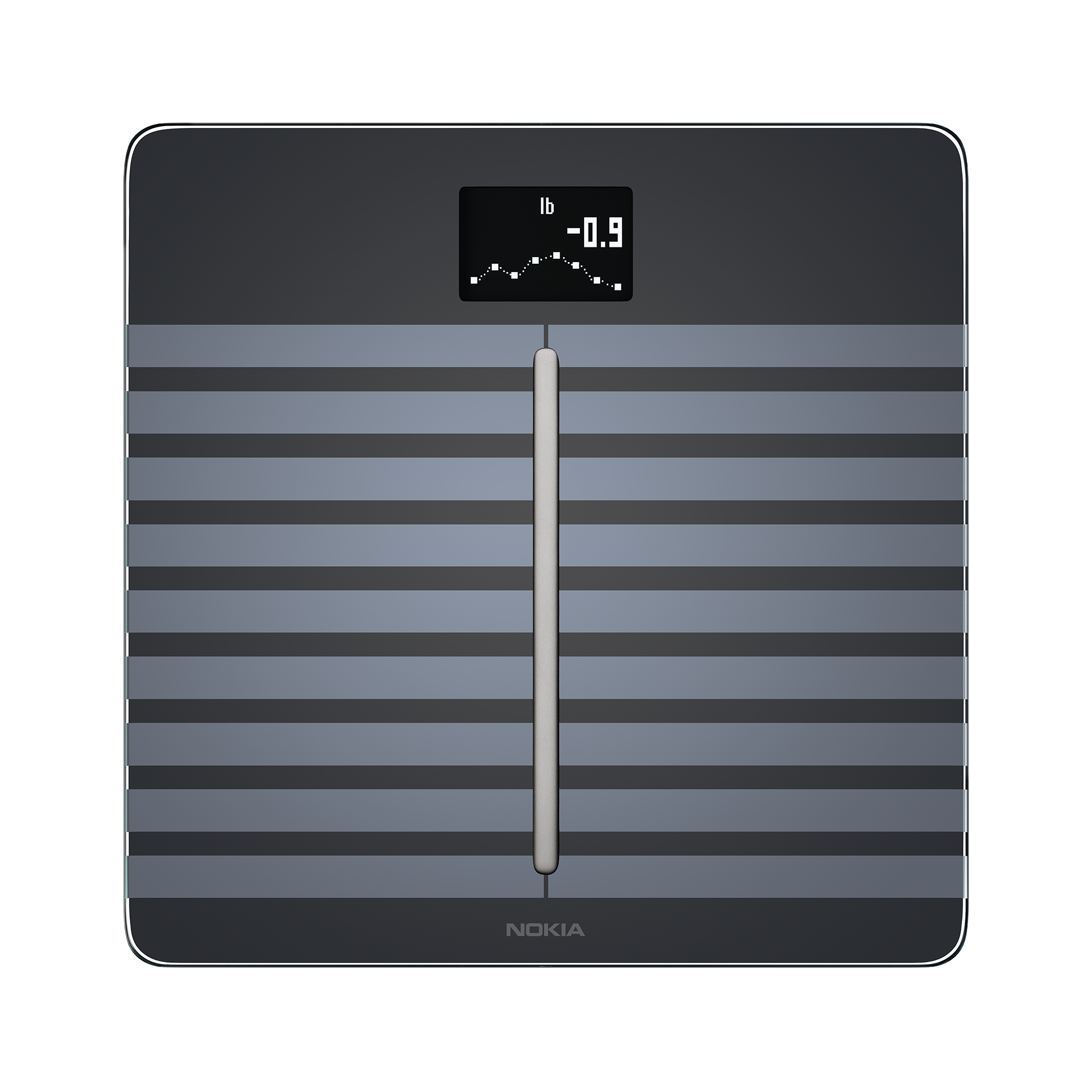
Reaching your ideal weight can be a challenge. It’s easy to get lost amidst the enormous amount of advice available — should you cut carbs, trim fat, get in an hour of cardio each day, drink tons of water? Experts often disagree, and the amount of advice can often cause you to throw in the towel before you even lift a forkful of food or a weight at the gym. But what if weight loss didn’t have to be so complicated?
Figuring out an optimal diet and exercise program for weight loss is, of course, key to success, but wouldn’t it be great if there was one simple habit that could jumpstart your weight loss and help keep you on the right track? As incredible as it seems, simply stepping on a scale that tracks your weight might be the answer.
In fact, we found that the more our users stepped on their scale, the more weight they lost. Those who stepped on the scale an average of six or more days a week lost about 0.8% of their body weight over the year, while those who stepped on the scale four to six times a week lost an average of 0.6% of their body weight. On the other hand, those weighing in less frequently (fewer than 3 times a week) did not lose any weight over the year.
So how does stepping on the scale help you lose weight? A possible explanation is that a daily weight reminder helps keep your weight and healthy behaviors top of mind each day, and helps triggers weight-loss behavior. Knowing you will face the scale each morning helps you resist the temptation to eat that second slice of cake and encourages you to burn extra calories through exercise. In fact, among our users, activity level was proportionate to the number of times people weighed themselves, with those weighing in infrequently walking 7000 steps fewer per week than those weighing in frequently.
The Takeaway
The more consistently you track your weight, the more weight you will lose, and the more active you’ll be to boot. So if you have a weight loss goal, start your daily weigh-in today, and the rest will follow.
Study Methodology
This study was conducted by Withings based on anonymous data from a pool of more than 100,000 users of Withings scales and more than 42,000 users of activity trackers in the US, Canada, Mexico, and the EU. Withings guarantees the confidentiality of personal data and protects the privacy of all its users. Therefore, all data used in this study is anonymized and aggregated.



